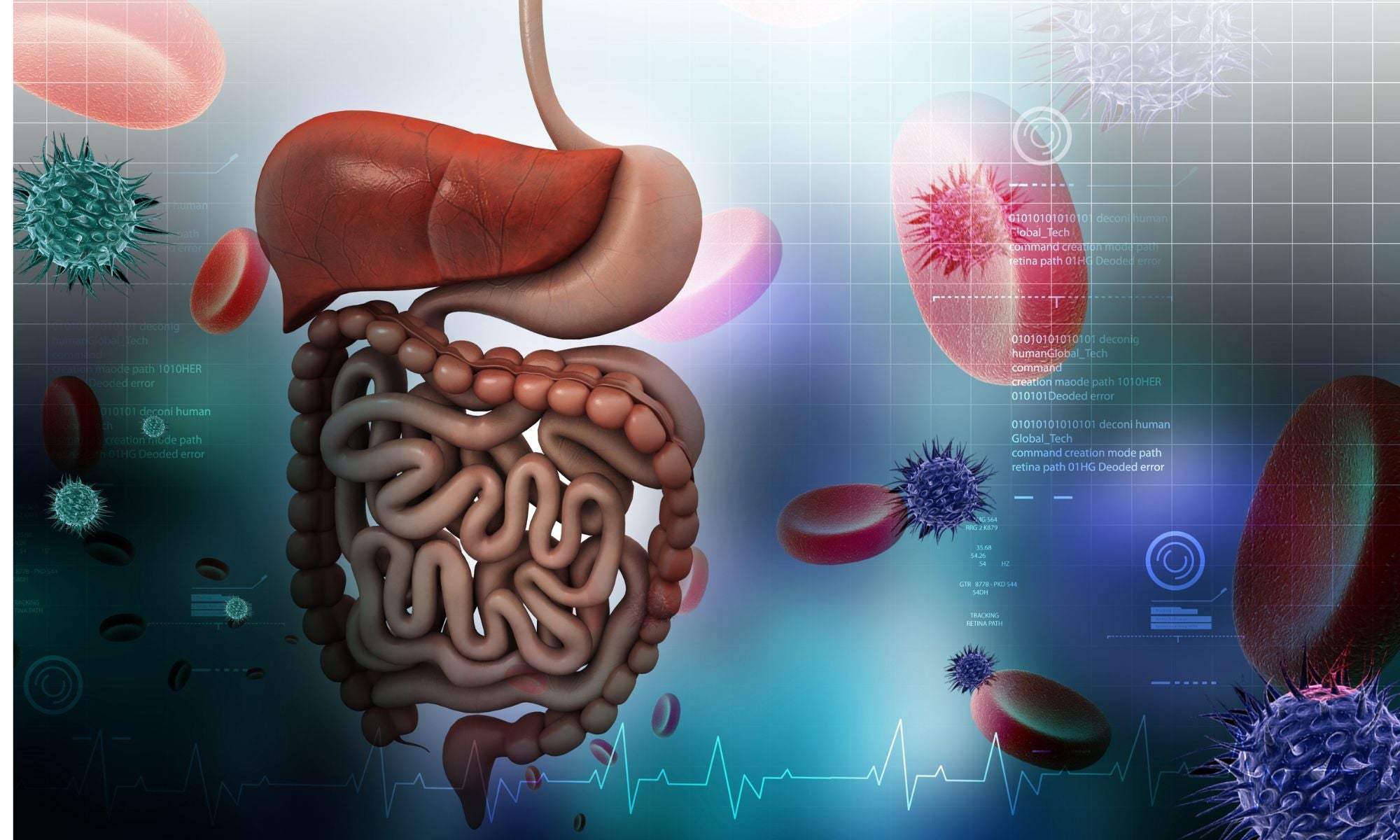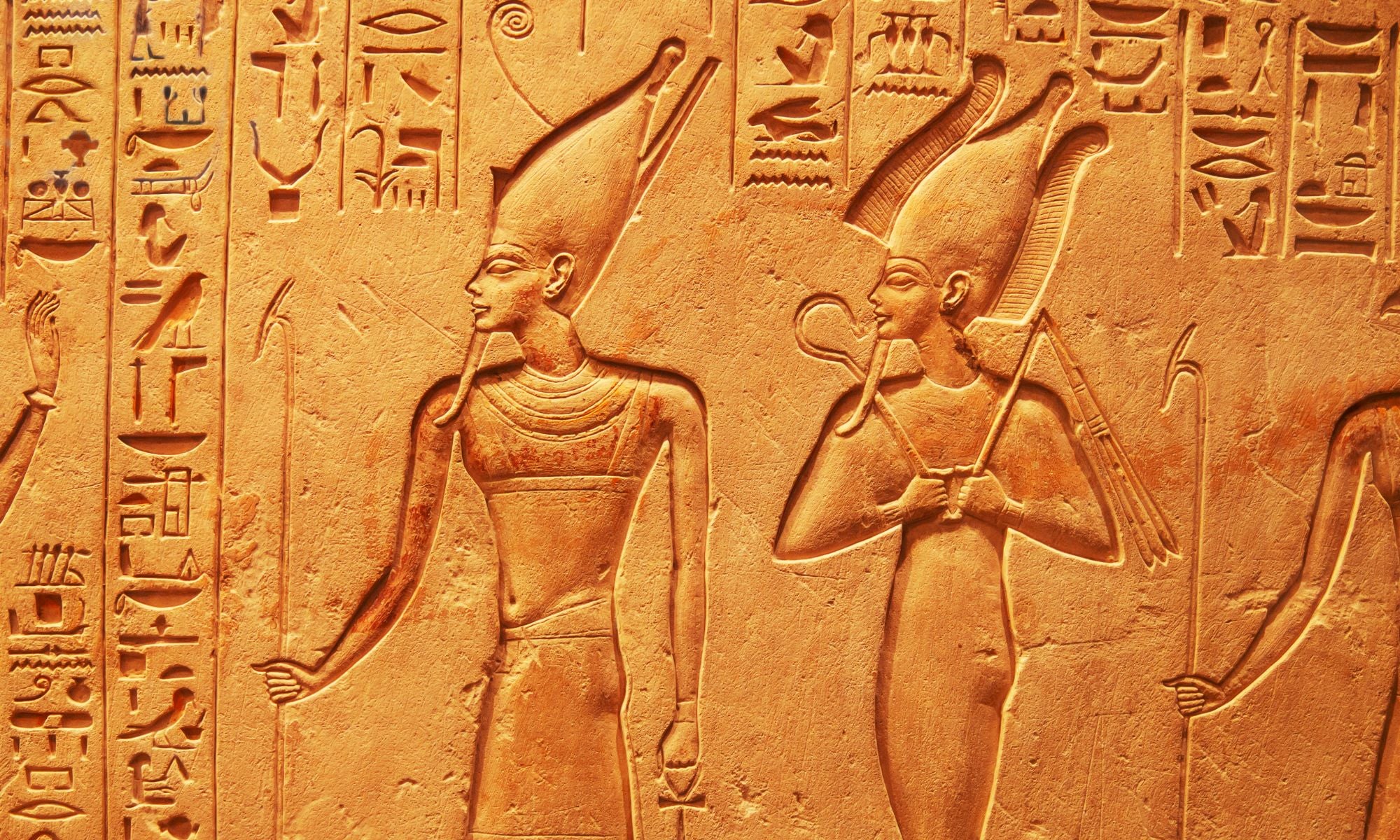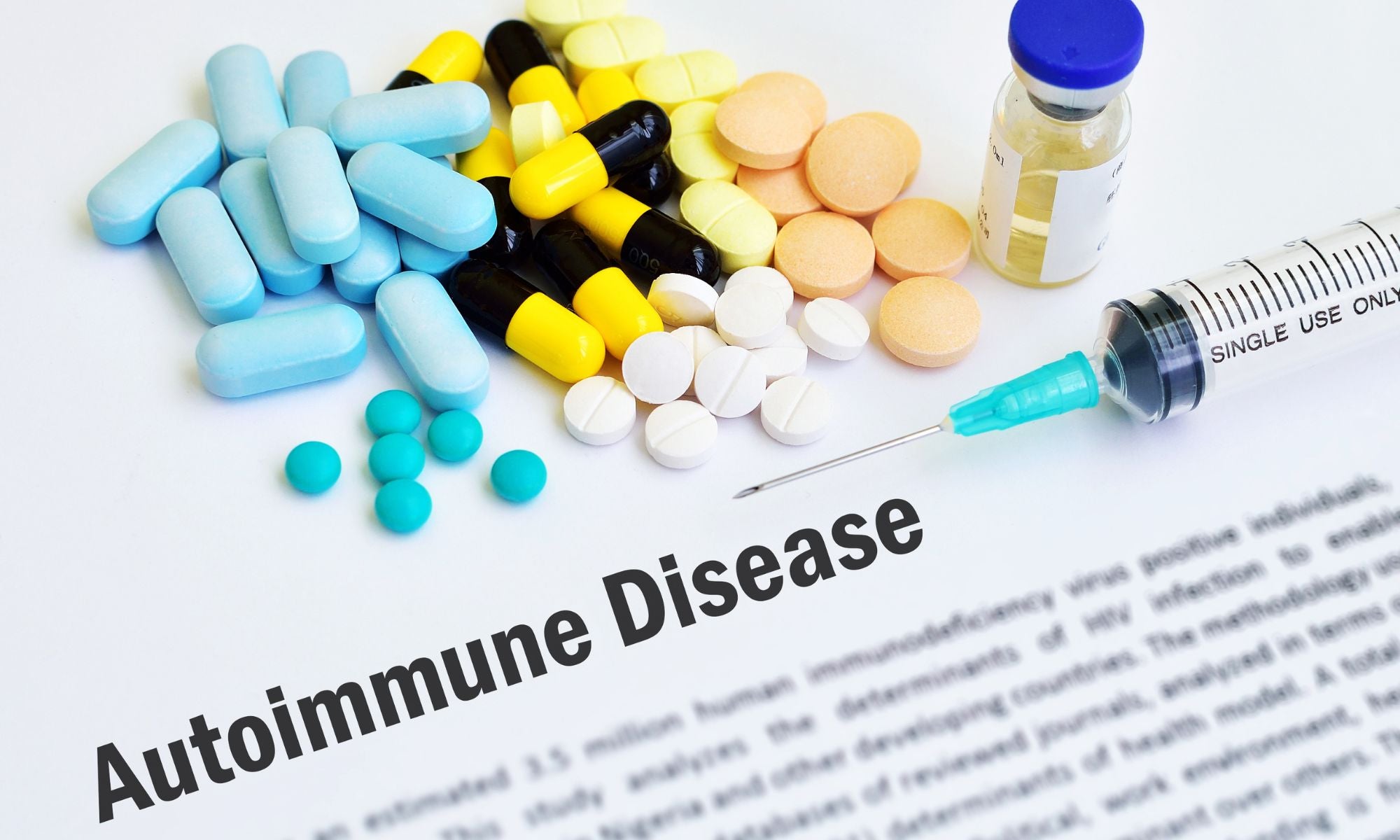
Why Diet Soda Is Bad for Your Gut
Introduction
So, you're watching your weight and want to cut back on calories? Or maybe you've heard that diet sodas are good for people who are trying to lose weight. The truth is, diet sodas aren't good for anyone.
They contain chemicals that can be toxic to your body, which can lead to gastrointestinal issues such as bloating and gas. The acidity of the soda can also cause erosion of tooth enamel, so if you're drinking diet soda just to save calories or because you think it's better for you than regular soda, think again!
The main problem with diet soda is the artificial sweeteners it contains.
The most common artificial sweeteners are aspartame, sucralose, saccharin, and acesulfame potassium. Aspartame is one of the most controversial food additives in history—and for good reason: it's been linked to brain tumors in lab animals (though there's no definitive evidence that this will happen to humans).
Sucralose was approved by the FDA in 1999 after undergoing rigorous testing for safety, but there have been some recent concerns about its effects on gut bacteria and blood sugar levels.
Saccharin was first marketed as a sugar substitute back in 1879 when it was discovered by accident during research into coal tar derivatives at Johns Hopkins University; today it remains one of the least studied ingredients on our list despite having been widely used in processed foods since its discovery over 125 years ago.

Artificial sweeteners can cause gastrointestinal discomfort and changes in the gut microbiome.
The gut microbiome is the community of microorganisms that live in your digestive tract. Artificial sweeteners may have an impact on it, and it is crucial for immune and digestive health.
It's possible that artificial sweeteners do not contain calories, but they can still cause gastrointestinal discomfort because they're not digested like regular food. They also change how your body responds to sugar, which can lead to weight gain or obesity over time.
They decrease the good bacteria in our guts and increase the bad ones.
The gut is the largest organ in our bodies, and it's home to trillions of microbes. These bacteria help us digest food, absorb nutrients, and fight off harmful bacteria.
But artificial sweeteners can kill good bacteria in our guts by changing the pH level of our intestines (a change that can happen within hours). This results in an imbalance between beneficial and harmful bacteria, which is bad news if you have IBS or other digestive issues!
Carbonation can also lead to bloating and gas.
Carbonation can also lead to bloating and gas. If you're sensitive to carbonation, this can be dangerous.
Bloating is a sign of intestinal gas. When you drink soda with fizzy bubbles, your body tries to digest the carbon dioxide in your stomach—and that causes more gas! This is especially true if you have an intolerance for dairy products (lactose), because lactose intolerance makes it harder for your body to break down sugars found in milk products like cheese and ice cream, which are two common ingredients found in many diet sodas.
If you want to stay healthy, it's best to avoid artificial sweeteners completely.
While drinking diet soda may be better than drinking regular soda, it's still not a healthy choice. If you want to stay healthy, it's best to avoid artificial sweeteners completely. But what alternative can you drink?
Water is always the best choice. Even if it doesn't taste sweet, it won't cause your blood sugar levels to spike and crash, which leads to cravings for more sugar. Water is also a great source of nutrients like magnesium and potassium, as well as other electrolytes that keep you hydrated.
If you do want some flavor in your water, try adding fruit slices or cucumber slices. You can also make infused water by putting fruit or herbs in a jar with water and letting them soak overnight (apple slices with cinnamon sticks are delicious). Or, try adding flavored seltzer water or sparkling mineral water; this will add bubbles without additional calories.
If you're looking for something sweet, try drinking water infused with fruits or vegetables! You can use a fruit infuser bottle or a vegetable infuser bottle to make your own flavored water at home, so it's way better than buying expensive bottled water from the store (which also contains artificial sweeteners).
You can also try adding healthy herbs such as mint leaves or lemon slices into your water for a refreshing treat without any added sugars!
Conclusion
Diet soda is not a good choice for anyone looking to improve their health. Not only does it contain artificial sweeteners that can cause gastrointestinal discomfort and changes in the gut microbiome, but it also increases your risk of developing diabetes and heart disease. If you want to stay healthy, it's best to avoid artificial sweeteners completely!
Read more:-
Prevent Colon Cancer with These Foods
The Worst Vegetables for your Gut












